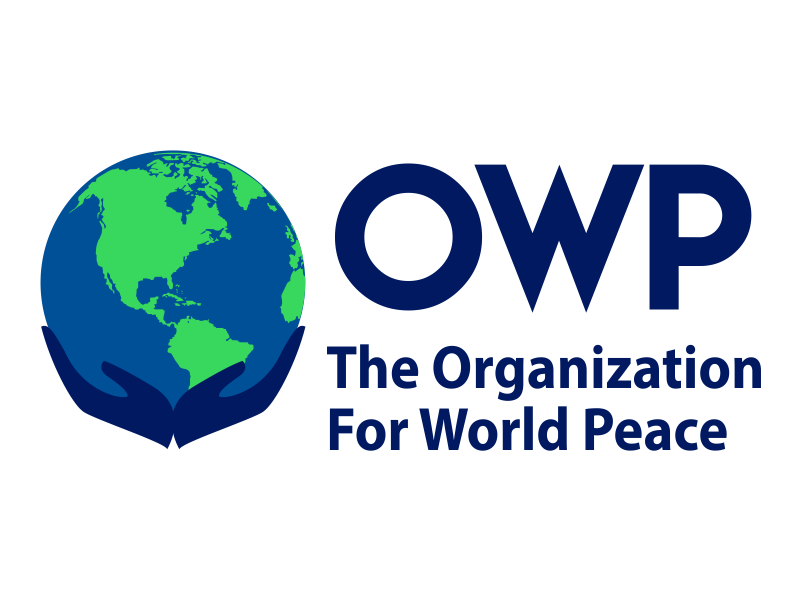Tensions are rising in Tajikistan as the incidents of violence have been worsening in the past few weeks, with at least 25 people killed this past week by security forces in the autonomous region of Gorno-Badakashan (GBOA). There has been conflict between the central government and the Pamiri, who are the only anti-government protestors who take to the streets. The police reported that there was a planned attack on the police forces, yet witnesses described the man being shot without prior violence.
This conflict is no new concept in the central Asia country as it has existed since their independence in 1991 from the Soviet Union. There were tensions between supporters of government and opposition that developed into civil war. Ever since, there have been phases of violence, nonviolent opposition, oppression, and overall conflict that stem from a deterioration of human rights. People’s freedoms are massively limited, such as freedom of expression, blocked access to critical public government information, targeting of journalists, extreme violence against LGBTQ groups, and freedom of religion. Specific strands of Islam, such as Salafism, have been banned, and individuals are regularly arrested. With a multitude of rights being impacted, protests are numerous, yet they are consistently met with violence and no substantial change.
There are also significant military issues between the bordering country, Kyrgyzstan, and Tajikistan over resources. With limited accountability for the violence and death that comes from this conflict, it alters not only the positionality between the two but also the safety of the people in each country.
More specifically, in 2022, the parents of men who government actors have killed are calling on international forces such as the UN to hold the Tajikistan government accountable. According to Human Rights Watch (HRW), there was a protest rally of several hundred people in the town of Khorugi Bolo demanding the resignation of two head leaders, Alisher Mirzonabot and Rizo Nazarzoda, the removal of checkpoints in the regional center, and lifting the persecution of Badakhan residents. They were met with rubber bullets and tear gas and no promise of change by authorities.
With these violations recognized in the HRW’s 2022 evaluation of their rights record, it is well known that the situation continues to worsen. These violations persist based on the violent response of state actors to active protests of change and the inability of President Rahmon to accept aid from sources such as the UN. Recommendations are made with international urgency, but there is no recognition or response to change.
With the continuing conflict, it is important to allow the protest to occur safely as a right to assemble and advocate for changes that the people being severely impacted want. However, it is the role of international actors to apply more compelling urgency when people are dying. The people are fighting for human rights, and they need support before the violence persists to more drastic measures.


